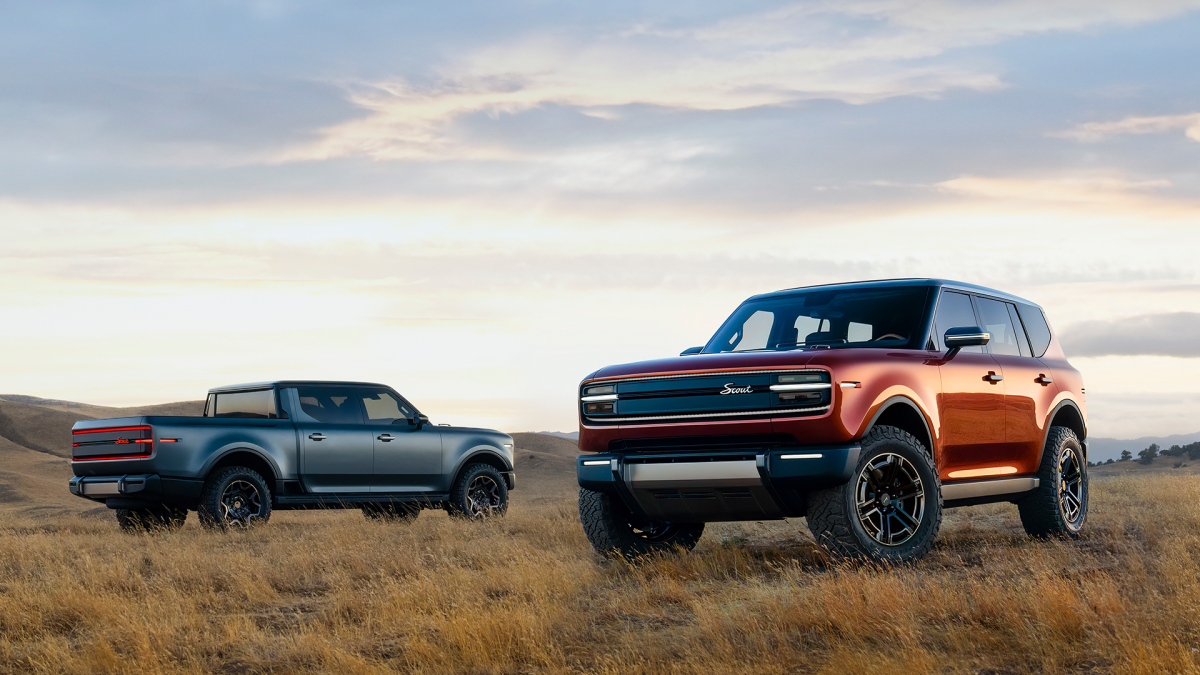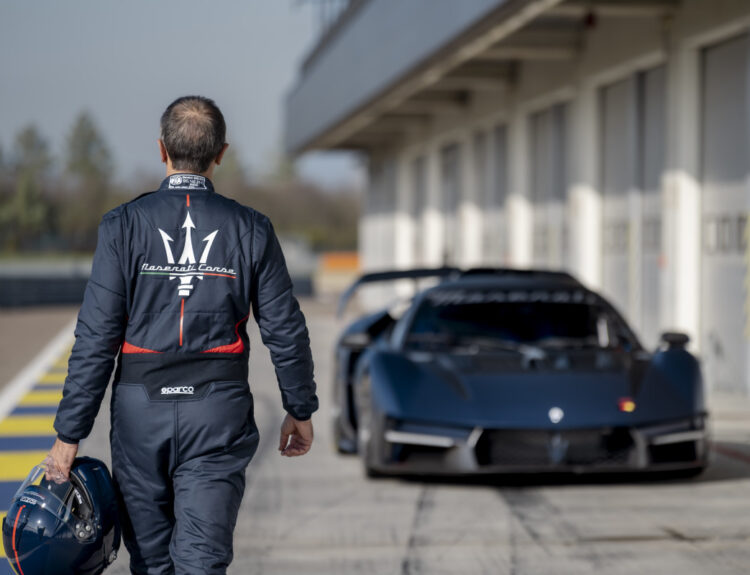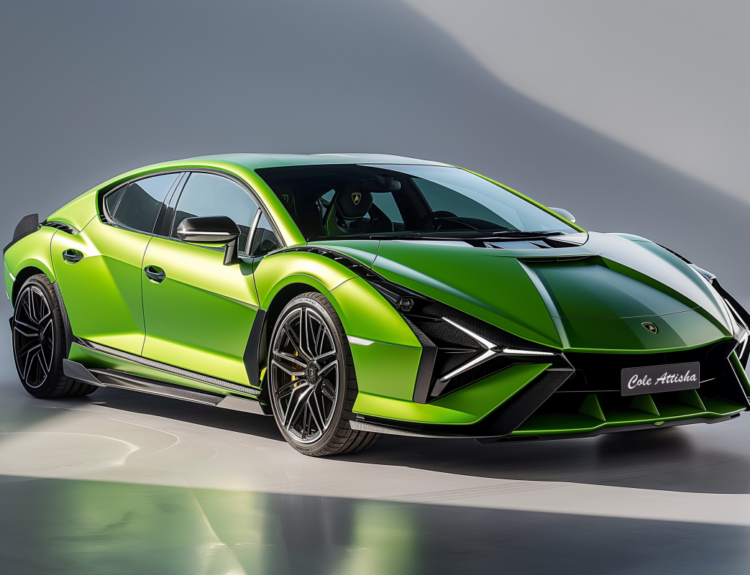
Scout Motors, before even launching its inaugural vehicle, finds itself embroiled in controversy.
The California New Car Dealers Association (CNCDA) has raised objections against Scout Motors and its parent company, Volkswagen Group (VW), regarding their plans to sell Scout vehicles directly to consumers. The CNCDA argues that this approach contravenes a 2023 amendment to California’s State Vehicle Code, which prohibits automakers and their affiliates from bypassing franchise dealerships. At the heart of the dispute is Scout Motors’ intention to eliminate traditional dealerships from its sales strategy, raising significant regulatory questions.
Volkswagen’s Defense of Scout
In response, Scout Motors maintains that it operates independently from VW, a claim that plays a pivotal role in its defense. Yet, the CNCDA challenges this assertion, pointing to VW’s substantial financial and operational involvement, including its investment in the construction of Scout’s new production facility in South Carolina. Such relations suggest that Scout may be more of an affiliate of VW than a standalone enterprise.
VW has countered by likening Scout’s operations to those of Tesla, which operates under a direct sales model. However, Tesla was granted a unique status in California before the 2023 law changed the landscape and does not depend on traditional dealerships. In contrast, Scout’s direct sales approach is further complicated by its financial ties to one of the largest automotive manufacturers globally.
In a December 20 letter addressed to Scout’s general counsel, Neil Sitron, and Volkswagen Group of America’s general counsel, Antony Klapper, the CNCDA outlined its concerns. The association pointed out that Scout had previously recognized the legal boundaries but has chosen to forge ahead with its direct-to-consumer sales strategy. The CNCDA signaled its readiness to escalate the matter should Scout not halt its current plans.
A Legal Showdown Looms
The ramifications of this legal confrontation could significantly impact Scout Motors’ rollout of its two anticipated models, the Terra and Traveler, both set to debut in 2027. While the company’s sales strategy mirrors that of successful direct-to-consumer brands like Tesla, the question remains whether courts will deem Scout to be genuinely independent from VW.
This dispute comes during a pivotal juncture for the automotive sector, as traditional dealerships encounter increasing challenges from manufacturers intent on gaining greater control over the consumer experience.
Final Thoughts
Positioning itself as a competitor to direct-to-consumer brands such as Rivian and Tesla, Scout Motors risks losing traction among consumers who prefer bypassing the dealership experience. The stakes for Volkswagen extend beyond Scout; the outcome could establish a crucial precedent for how established automakers navigate the shifting retail terrain.
As for whether Scout’s retro-inspired SUVs will capture consumer interest or become ensnared in legal complications, only time will tell. However, the implications of this situation will undoubtedly influence the future landscape of automotive sales in California and beyond.
Source:www.autoblog.com






